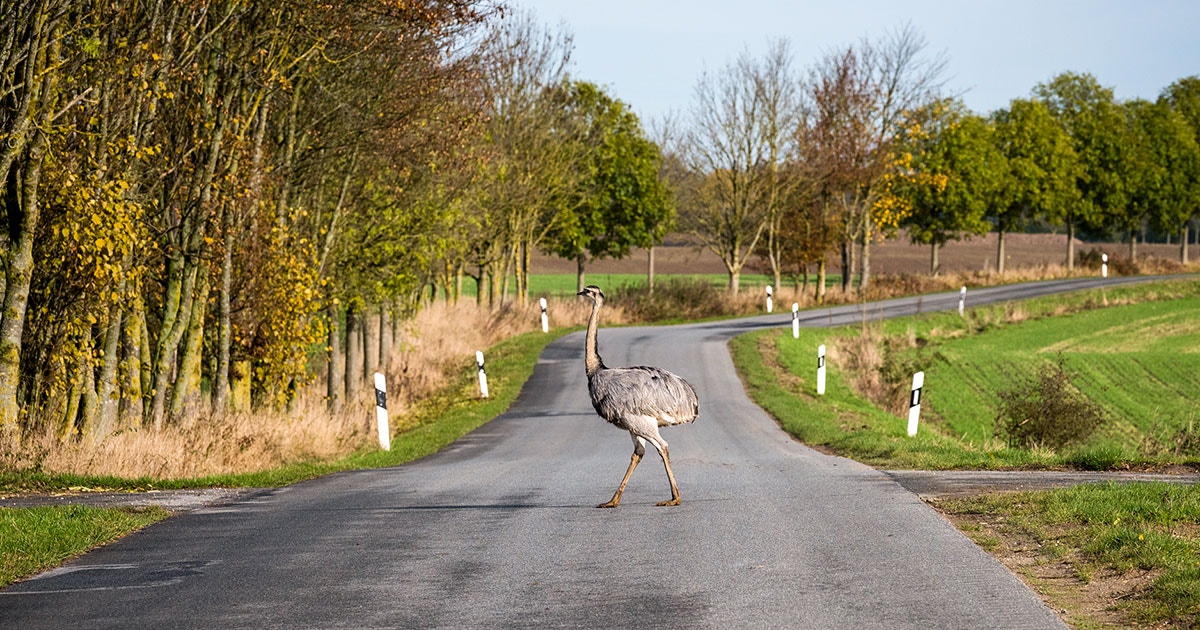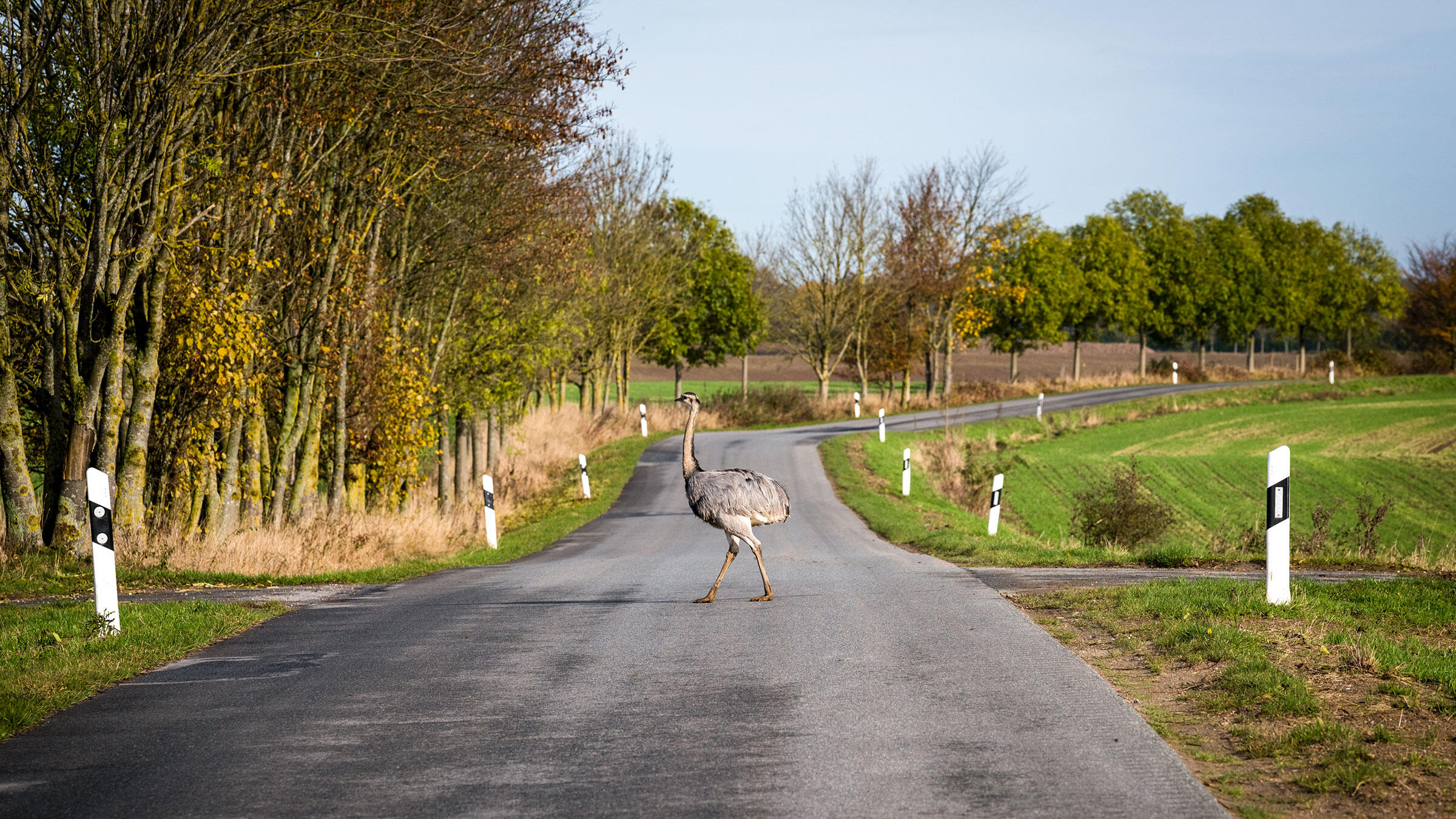Potoooooooo
Contributor

Inside Germany’s Giant, Hungry, Flightless-Bird Problem
Greater Rheas, native to South America, are thriving in northern Europe—and coming into conflict with farmers whose crops they eat.

Greater Rheas, native to South America, are thriving in northern Europe—and coming into conflict with farmers whose crops they eat.
https://www.audubon.org/content/sami-emory
The rhea’s unlikely appearance in the wild in this corner of the world began two decades ago, when seven birds escaped from their enclosure on a private property. Eventually, the escapees settled in the state of Mecklenburg-Western Pomerania, primarily inhabiting the meadows, marshes, and cultivated fields of the 120-square-mile Schaalsee UNESCO Biosphere Reserve. The rheas thrived, and their numbers quickly climbed to dozens, and then hundreds.
The massive birds gained a foothold at a time when Europeans are wrestling with rising human-wildlife conflicts as megafauna rebound on the landscape, from resurging wolf populations to a new free-roaming bison herd. Like those animals, the rheas of Germany have become a matter of great interest and contention. Some see them as a welcome addition—a boon for conservation of a bird threatened elsewhere. Others argue that rheas are yet another destructive, human-introduced mistake, like the Burmese pythons that have overrun the Everglades or the European rabbits that have eaten their way across Australia, wreaking havoc on crops and spurring the decline of native plants and animals. As the rhea population has increased, so have troubles with local farmers, whose crops have become a staple in the ratites’ diet, as well as concerns that they could become an ecological burden.
